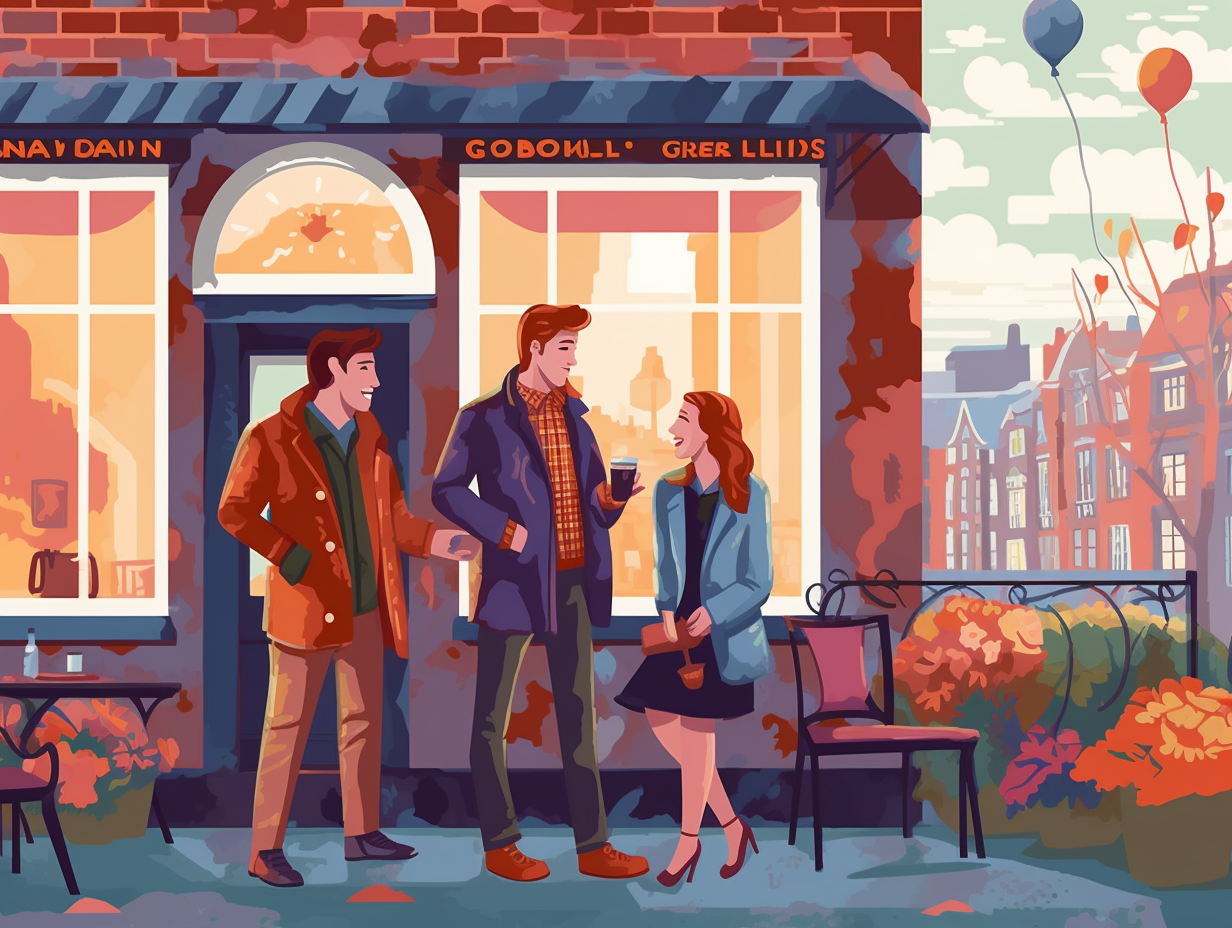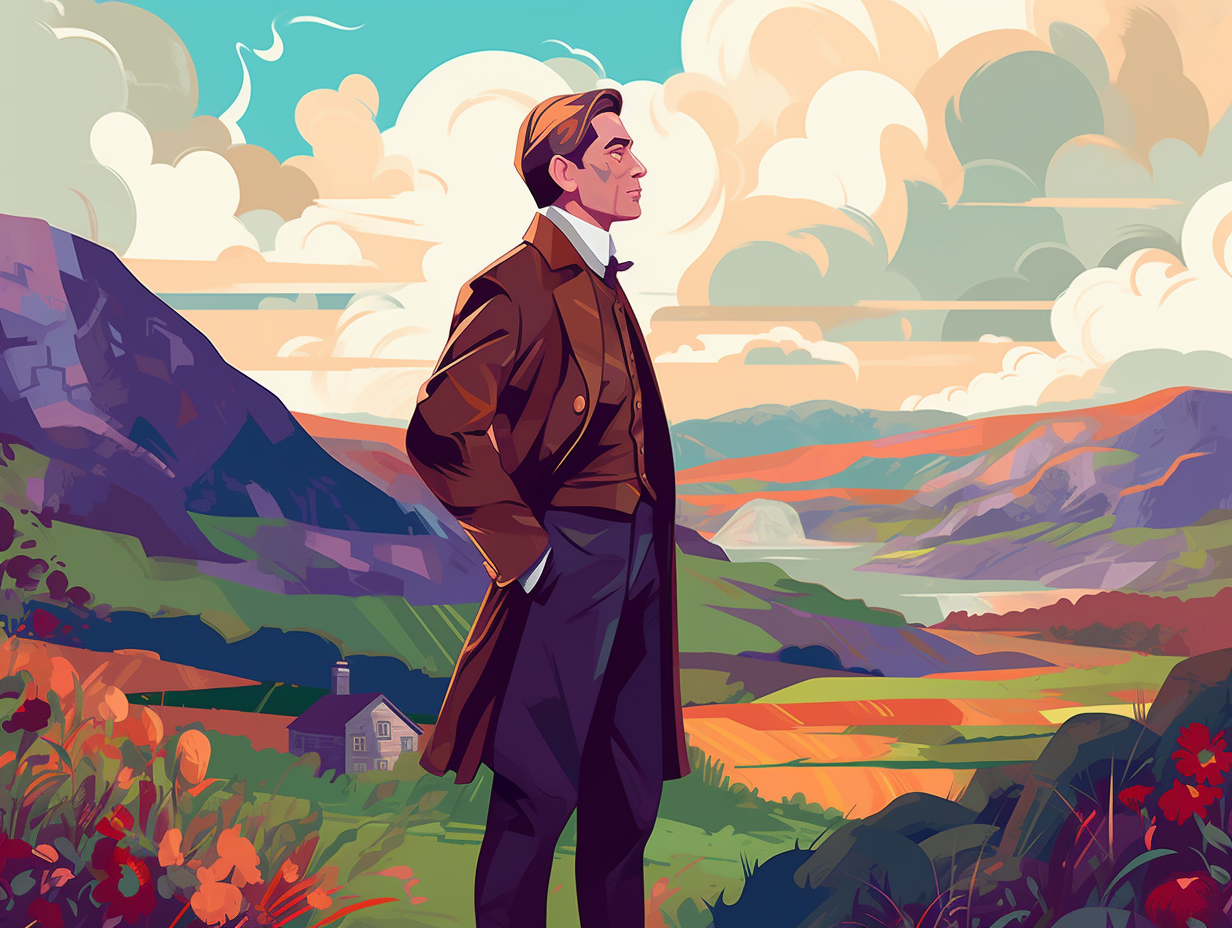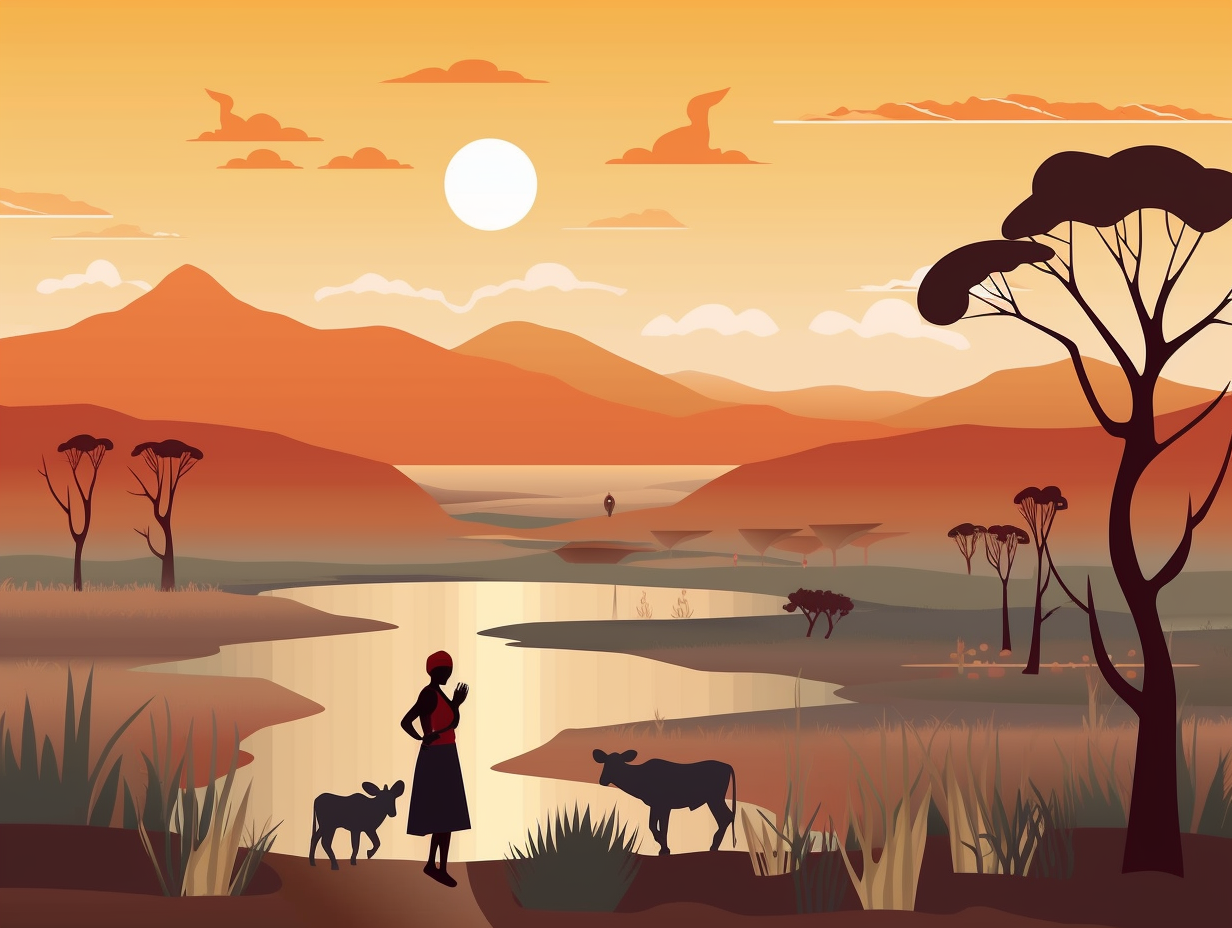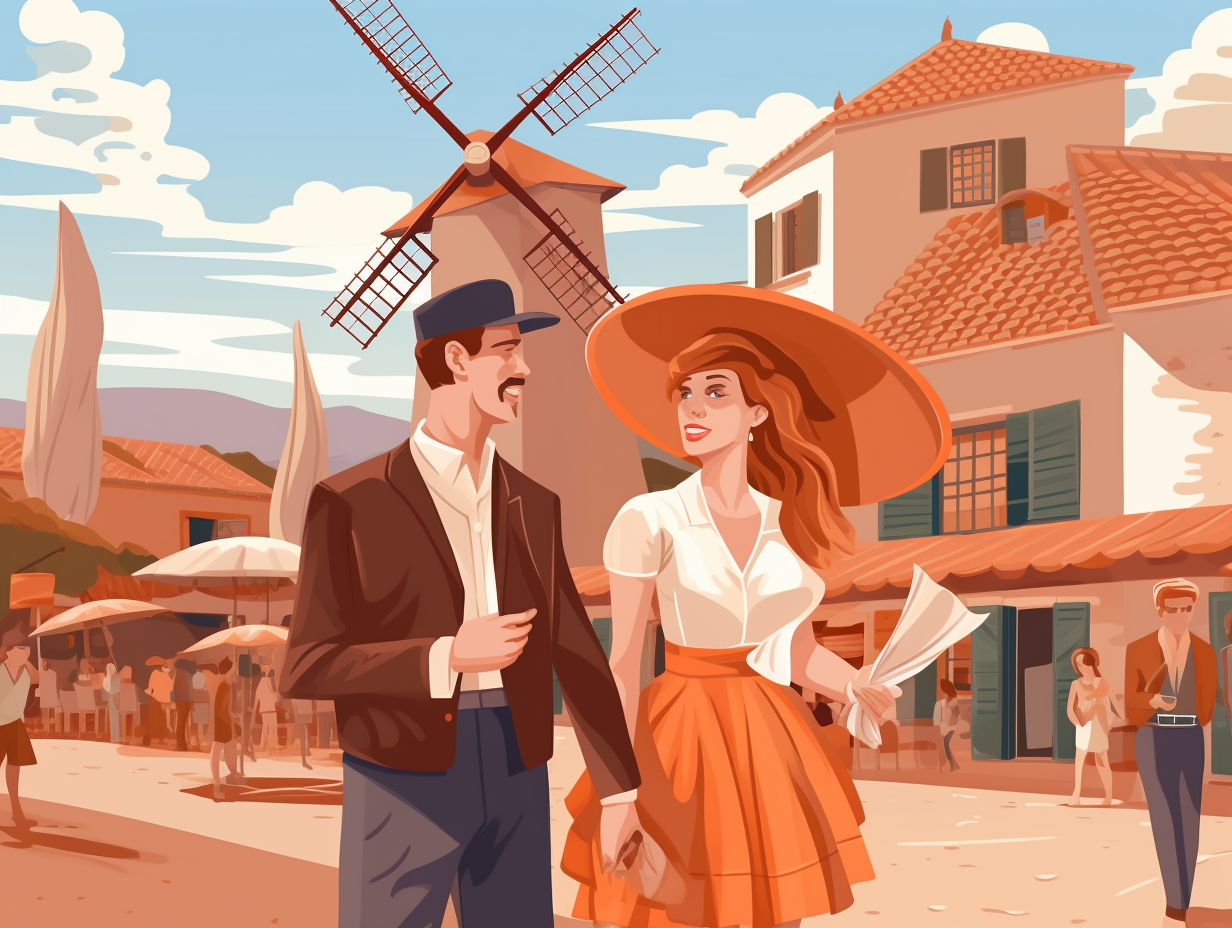Discover the Charm: Top 11 Fun Facts About the British Isles You Never Knew
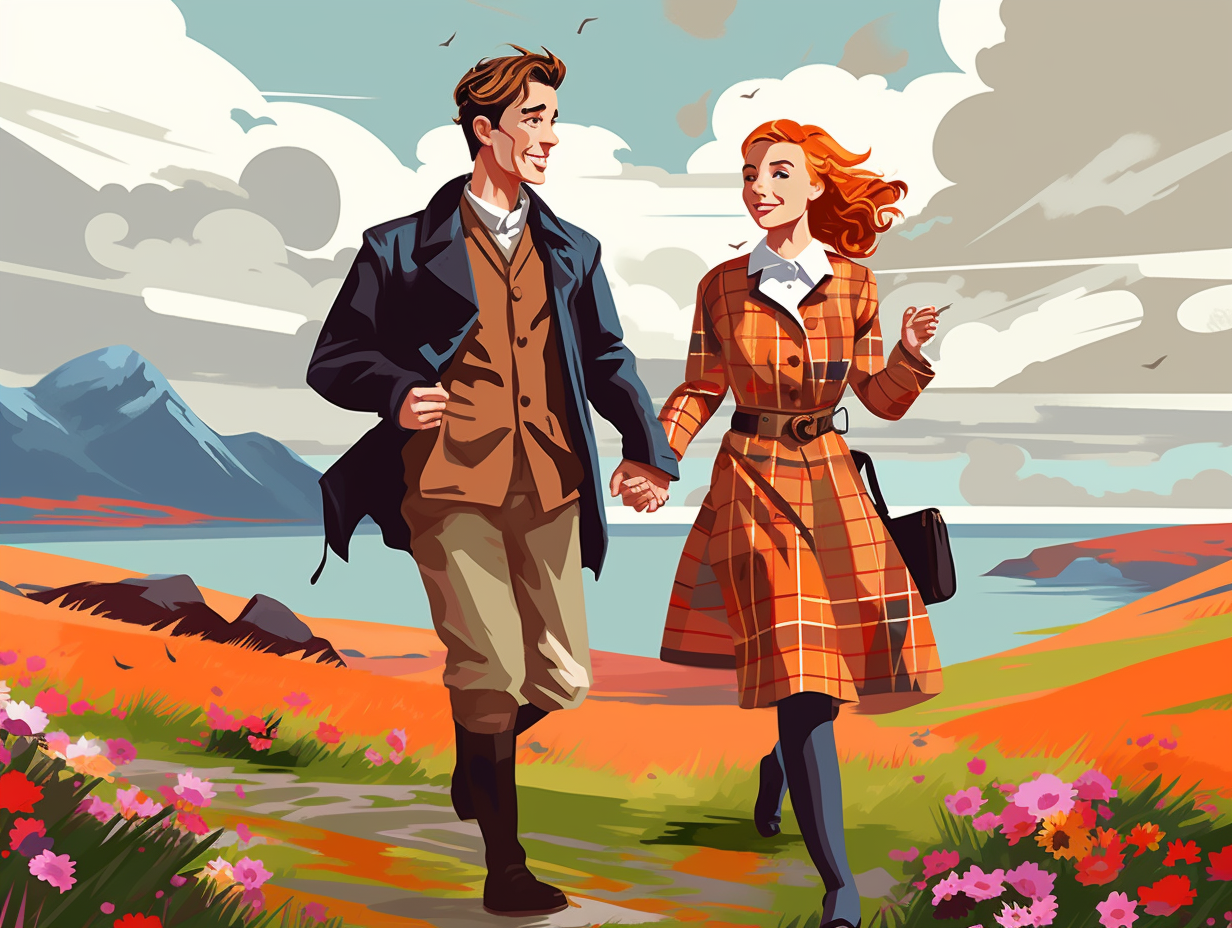
1. Scottish Wildcats: National Animal Royalty
Step aside, unicorns and corgis, the real Scottish ruler of the animal kingdom has entered the chat: Meet the elusive and majestic Scottish wildcat, the national animal of Scotland, which boasts fewer than 100 wild individuals remaining, distinguishable by its striped fur, bushy tail, and ear tufts, and can possibly be spotted in Cairngorms National Park during conservation efforts.
Source => nts.org.uk
2. Crumpetmania: A Salty Affair
Hold on to your teacups, folks: Crumpetmania is sweeping the British Isles, and no, that's not the latest aristo-reality TV show! Apparently, sales of the wee breakfast treats have skyrocketed by a confounding 55% this year. But beware, dear crumpet munchers: Before you butter your next doughy delight, you should know that Action on Salt has issued a technicolor warning, exposing that some of our fave prepackaged crumpets contain boatloads of unnecessary salt, making Warburtons' circular sanctuaries quite the heart-stoppers. So, before you bite into your beloved breakfast, remember: moderation is key, just as Her Majesty would definitely agree.
Source => actiononsalt.org.uk

Did you know Queen Elizabeth I tried to silence Irish music in the 17th century? Discover how the harmonious art form persisted and prospered despite her royal interference! 🎶👑
=> Fun Facts about Ireland
3. Stone Circles: Ancient Networking Hubs
In an era where social circles were truly made of stone, our prehistoric buddies knew a thing or two about networking without Wi-Fi: the British Isles once boasted around 4,000 stone circles between 3300 to 900 BCE, although only 1,300 still remain, serving as ancient hotspots for rituals or ceremonies often linked to celestial alignments, making Stonehenge just one of many rock-star attractions.
Source => en.wikipedia.org
4. Llanfairpwllgwyngyll...: The Longest Welsh Town Name
Tongue-twister or tourist trap? You decide: Llanfairpwllgwyngyllgogerychwyrndrobwllllantysiliogogogoch – an unbelievably lengthy Welsh town name – was given a linguistic facelift by a sartorial creative in the 1880s to pull in the crowds. The original name was Llanfairpwllgwyngyll, meaning "St. Mary's Church in the hollow of white hazel near a rapid whirlpool and the Church of St. Tysilio near the red cave" – a runaway mouthful that now serves as a souvenir goldmine for travelers stopping by for a laugh and a passport stamp at the James Pringle Weavers shop.
Source => ricksteves.com
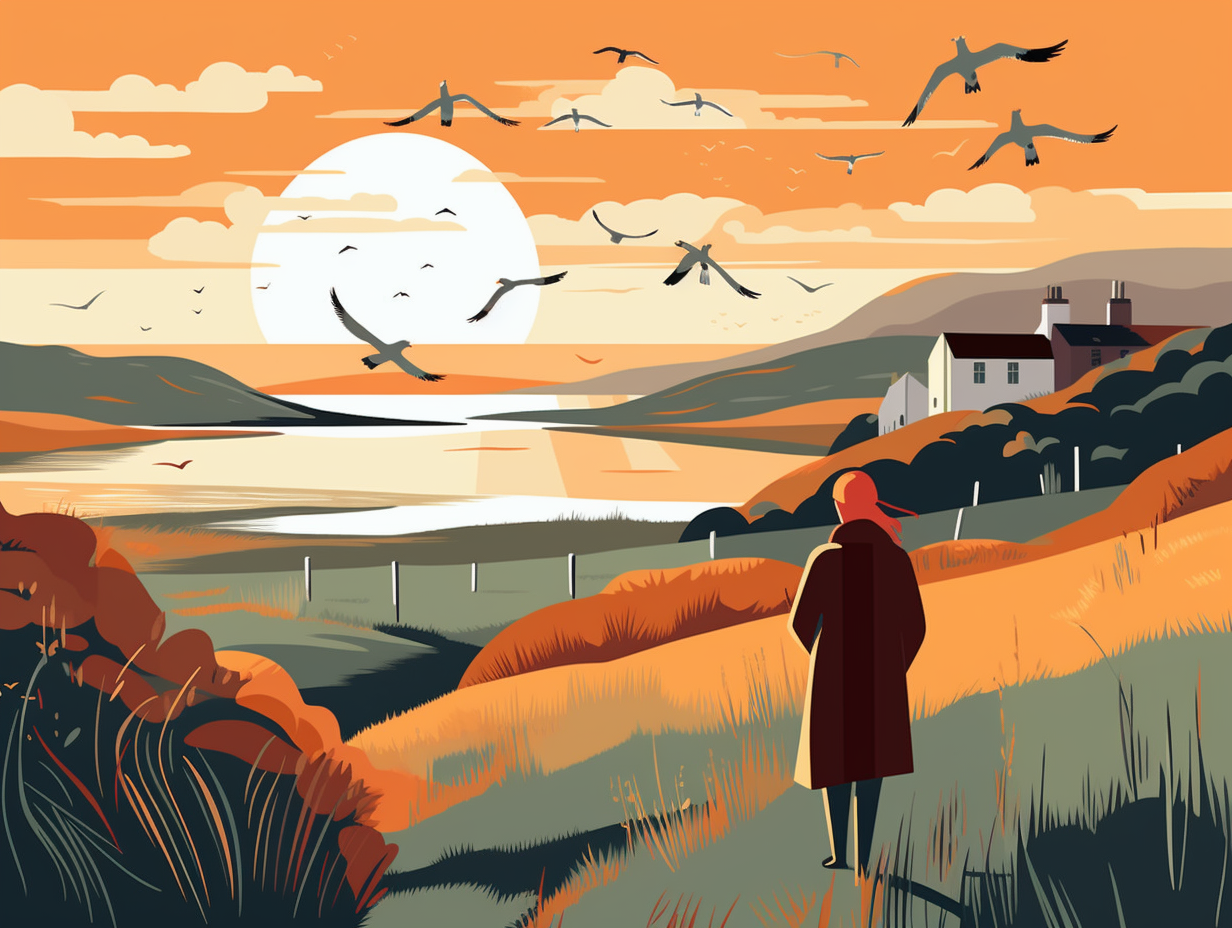
5. Abbey Road: Beatles' Iconic Studio
Here comes the pun: Four Liverpudlian lads turned a zebra crossing into a cross-continental sensation without making any roads “Abbey”-normally famous! The surprising truth: Abbey Road Studios, popularized by The Beatles' iconic album cover, is actually situated at the southern end of Abbey Road in North West London's St John's Wood area, where Grove End Road intersects—not a sought-after tourist hotspot, but a world-class recording studio that has hosted artists like Pink Floyd, Adele, and Elton John.
Source => radiox.co.uk
6. Magpies: Medieval Gossip Birds
Who needs the gossip girl when magpies have stolen the spotlight: These fearlessly chatty feather-brainers not only boast a brain-to-body mass equal to great apes, but also have a history of mingling with gods, shamans, and a wee bit of devilish superstition, making them the medieval socialites of the avian world.
Source => birdspot.co.uk
7. Gaelic Football vs. Aussie Rules: Distant Sports Cousins
Don't drop the ball on this one, sports fans! Envision a world where two distinctly different pastimes roll up their sleeves and kick around family resemblances that no one’s quite sure are true nature or coincidental nurture: Gaelic football and Australian rules football are undoubtedly distant cousins with some similarities, but they're two separate sports that strut their stuff on the global sports catwalk. Cue the drums for the truth: Gaelic football was codified in 1887 by the Gaelic Athletic Association in Ireland, while Australian rules football was created in 1859 by the Melbourne Football Club, and although they share hand passing and ball bouncing antics, there's no solid evidence to confirm their ancestral ties, making them the mysterious intrigue at every sports family reunion!
Source => en.wikipedia.org
8. Aonach Eagach Ridge: Daredevil Scrambling
If Sir Edmund Hillary and Sir Isaac Newton had a lovechild raised by Sir Sean Connery and taught to scramble eggs by Sir Paul McCartney, they'd still have nothing on the scrambling skills needed for one of the British Isles' most electrifying adventures: The Aonach Eagach Ridge in Glen Coe is a Grade 2 scramble, offering breathtaking views of lochs, glens, and mountains for those daring climbers with proper training and experience.
Source => thehighlandmountaincompany.co.uk
9. Early Weather Forecasting: British Pioneers
Before The Weather Channel stole the limelight and your smartphone started bossing you around with umbrella alerts: the venerable British Isles pioneered the art of weather forecasting back in 1860, with widespread meteorological reports published in The Times from August 1, 1861. Although the term "forecast" didn't become a regular player until 1877, those cheeky Brits were already dabbling in predicting the heavens with Rear Admiral Fitzroy's insightful "How to foretell weather" article, published on September 11, 1860.
Source => medium.com

10. John Montagu: Sandwich Inspiration & Naval Innovator
If you find yourself lunching on a tasty sandwich while pondering maritime history, you might be channeling the spirit of this incredibly versatile historical figure: John Montagu, 4th Earl of Sandwich, not only held various military and political offices, but also significantly influenced British naval development as First Lord of the Admiralty, advancing the concept of a Western Squadron and promoting a major rebuilding programme for the Royal Navy – but there's no evidence he ever laid claim to inventing the sandwich itself.
Source => en.wikipedia.org
11. The Great British 'Sorry': Apologies Galore!
In a land where politeness reigns supreme and apologies are as abundant as teacups at afternoon tea, one might ponder over the frequency of the delightful British utterance known as 'sorry': Fear not, for a recent survey reveals the answer, as the average Brit exclaims 'sorry' a staggering eight times per day. Alas, one cannot compare this to other cultures, as our global data on apologies remains sorely lacking, much to our collective chagrin.
Source => bbc.com
Related Fun Facts


